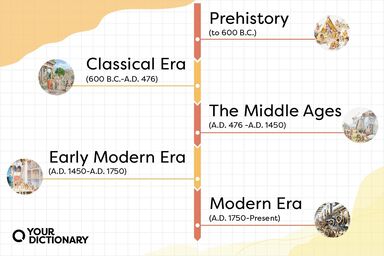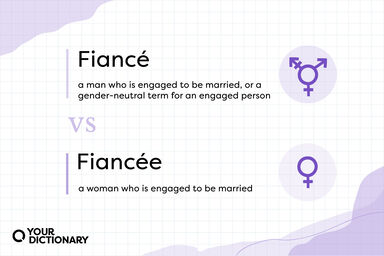E Definition
- vitamin-e
- tocopherol
- atomic number 99
- es
- einsteinium
- eastward
- due east
- east
- e
(ESRB rating) Everyone.
East.
(metrology) Symbol for the exaohm, an SI unit of electrical resistance equal to 1018 ohms.
Origin of E
-
From Mandarin 鄂 (È), formed as a phono-semantic character from 咢 ("beat a drum", reconstructed Old Chinese pronunciation *Ngˤak) + 阝, the combinatorial form of 邑 ("area", "place").
From Wiktionary
-
A representation of the pronunciation of he by a speaker who does not use the voiceless glottal fricative or transition (IPA: [h]).
From Wiktionary
-
The final vowel of hamster, as the initial vowel would be a homonym of -a- from rat
From Wiktionary
e(lectronic) on the model of e-mail
From American Heritage Dictionary of the English Language, 5th Edition
Sense 8, from Elohim
From American Heritage Dictionary of the English Language, 5th Edition
-
From Webster's New World College Dictionary, 5th Edition





